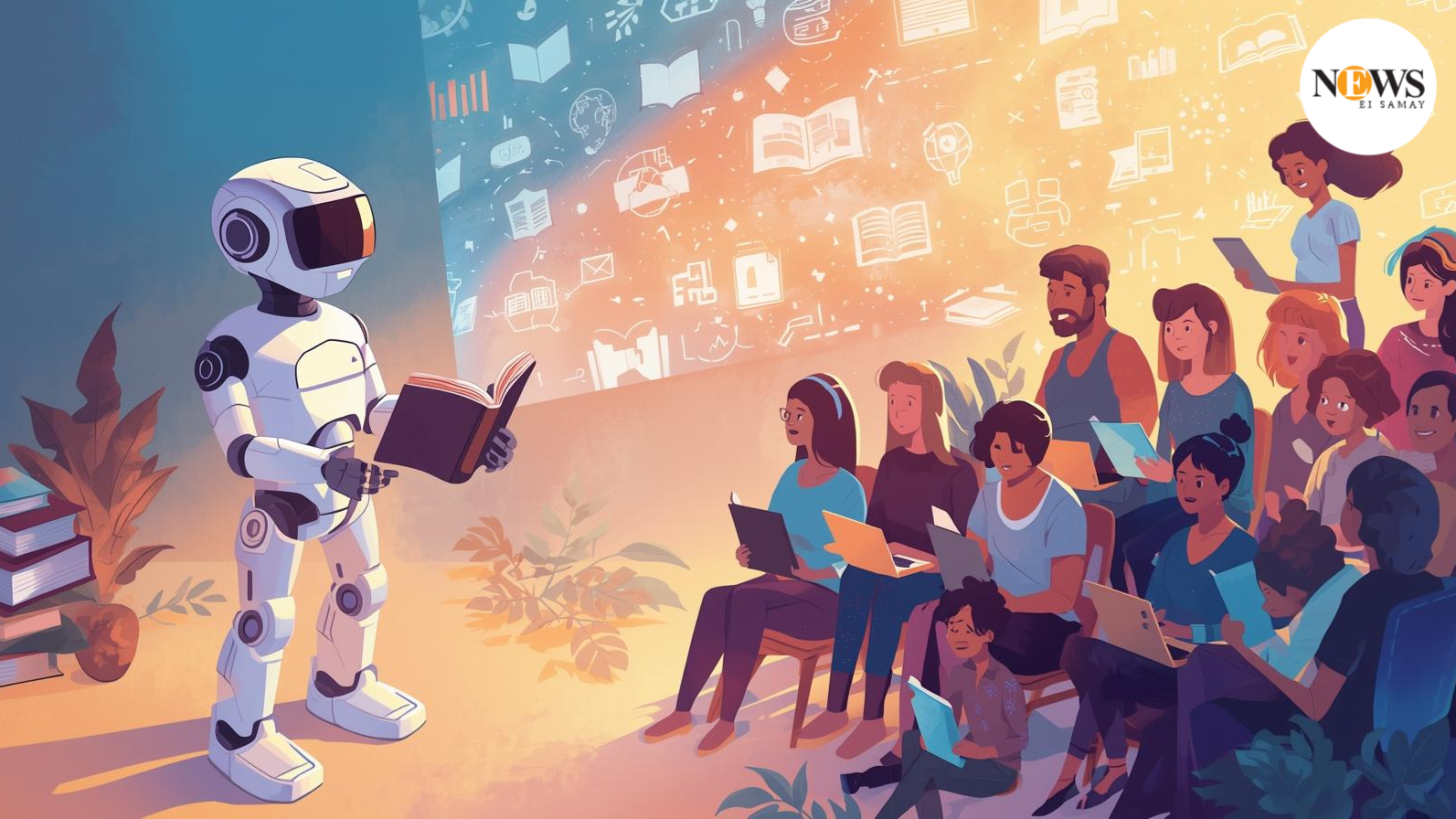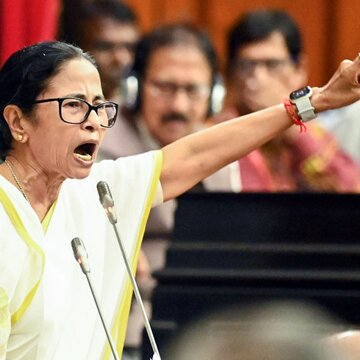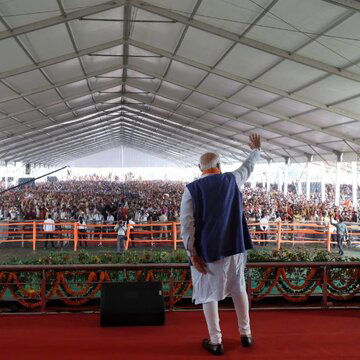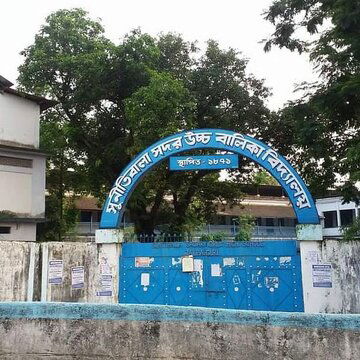Each year on September 8, the world celebrates International Literacy Day, a reminder that literacy is not merely a matter of reading and writing, but one of dignity, empowerment, and inclusion. With technology transforming education in 2025, artificial intelligence (AI) is becoming a game-changer in the pursuit of universal literacy for the world.
Personalized Learning for Every Student
AI-based apps like Duolingo, Google's Read Along (Bolo in India), and Byju's AI tutor offer students adaptive lessons personalized for their speed and manner. For rural or poverty-stricken kids, these resources feel like a pocket tutor- cheap, engaging, and at their fingertips.
Breaking language barriers
Language translation services such as Google Translate, Microsoft's Immersive Reader, using artificial intelligence, and the multilingual facility of ChatGPT enable students to study in their native language and learn foreign languages such as English incrementally. Khan Academy India uses AI to enhance bilingual education and making it more inclusive in India.
Empowering teachers, rather than replacing them
Platforms such as Century Tech in the UK and Embibe in India employs AI to analyze students' performance and provide targeted exercise recommendations, freeing up the time of teachers for one-on-one mentoring. This makes educators spend less time on routine tasks and more on mentoring learners.
Making literacy engaging
AI-driven stories and gamification apps such as Scribd's AI-read recommendations, Amazon's Alexa-empowered reading games, and Google's Rivet make reading come alive and engaging interactively. For children, especially first-generation learners, these interesting tools can keep them interested while reassuring in their confidence.
Challenges and the way forward
As every thing has its postive and negetive sides, there remain challenges that do persist, including digital access, internet connectivity, and data security. But through collaboration between governments, NGOs, and technology companies, AI can realise UNESCO's vision of world literacy.











